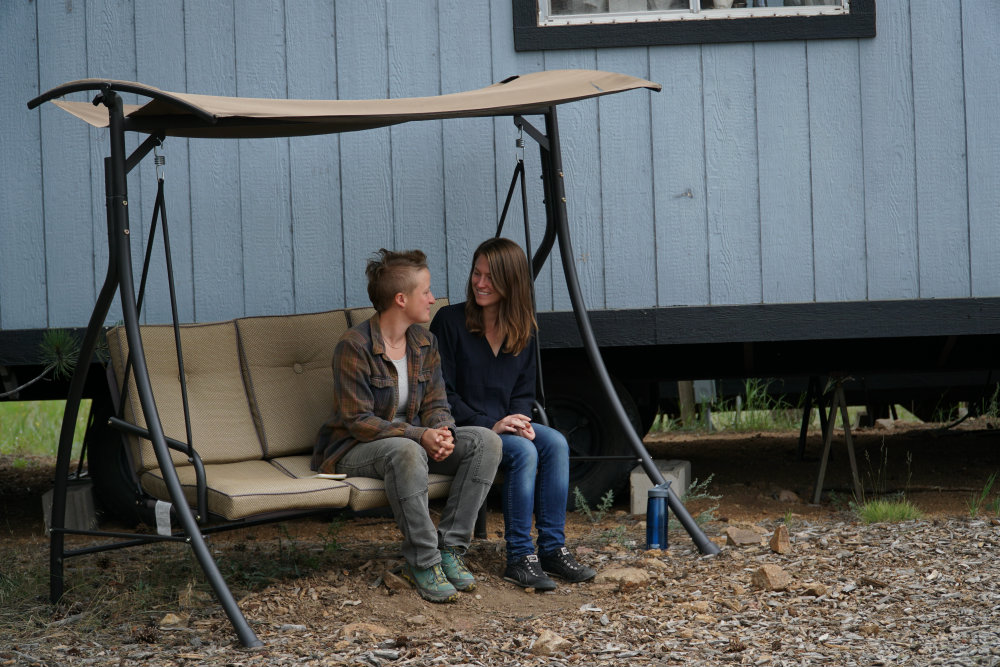How to Communicate Well in the Heat of the Moment
By Janet Mueller //
I am always looking for good analogies to help people grow in their capacity to communicate with strength and compassion, especially it if can help us get a better sense of why communication can be so challenging sometimes. There is one I’ve been using recently that captures the contradictions we experience so many times with communication:
While it is easy to pass the written test, we often fail the practical exam.
Most of us, most of the time are pretty good at communicating. We go through life, talking with others and figuring out what we need to. But when we are in a difficult communication, when we are in the heat of the moment, all the skills and talents we usually have seem to disappear. When it comes to dealing with conflict, this seems to be the case across the board. When I ask any group – young people, professionals, parents – they all have a great list of things they could do when faced with conflict. This list includes things like:
Speak in a calm voice, walk away, take a break, talk to the other person, and listen to the other person.
Then when those same people talk about what they actually do, the list is essentially the opposite:
Yell and argue, engage too long, don’t back down, avoid the other person, and decide the other person is a jerk and has nothing worth listening to.
I have found that the Transformative Approach to conflict (developed by Baruch Bush and Joe Folger) helps us understand this challenge. One premise of the Transformative Approach is the understanding that when communication is negative and destructive, people experience weakness (lack of internal strength) and self-absorption (feeling closed off from the other). In these difficult moments we experience some combination of uncertainty, confusion, hopelessness, fearfulness, suspicion, defensiveness, and self protection. In these moments, we are not at our best.
This internal experience makes it almost impossible to tap into all the skills we use on a good day. Skills alone don’t make us good communicators. This got me thinking about popular idea about what is needed for being a good communicator – “having a full tool box.” This image suggests that our skills are all tools, so to be a great communicator we just need to keep learning new skills – building our tool box. But what we truly experience when we are having a difficult conversation is that we left our tool box in the garage! This experience gets to the heart of why communication can be so challenging. Being able to use those skills in those challenging moments, that is what people are looking for.
So what good are all these tools if we can’t use them when we need them most? How do we pass the practical exam? How do we shift from weak and self-absorbed to strong and open so we can use all our skills?
There is not a quick fix. The first step is looking closely at ourselves and taking the time to understand our experiences in these difficult moments – to be present enough in those moments to be aware of our feelings and how they are affecting our capacity. This awareness helps us shift directions and move away from feeling stuck and closed and move toward feeling strong and compassionate. When we develop that greater self-awareness and a deeper understanding of how we experience conflict, we can begin to make different choices about our thinking, and with that new thinking we can make different choices about our behavior — choices in line with the kind of person we want to be. With this better understanding of our selves, we can begin to pass the practical exam and get our tools within reach.
Featured image by Corey Ruffner
About the Author



